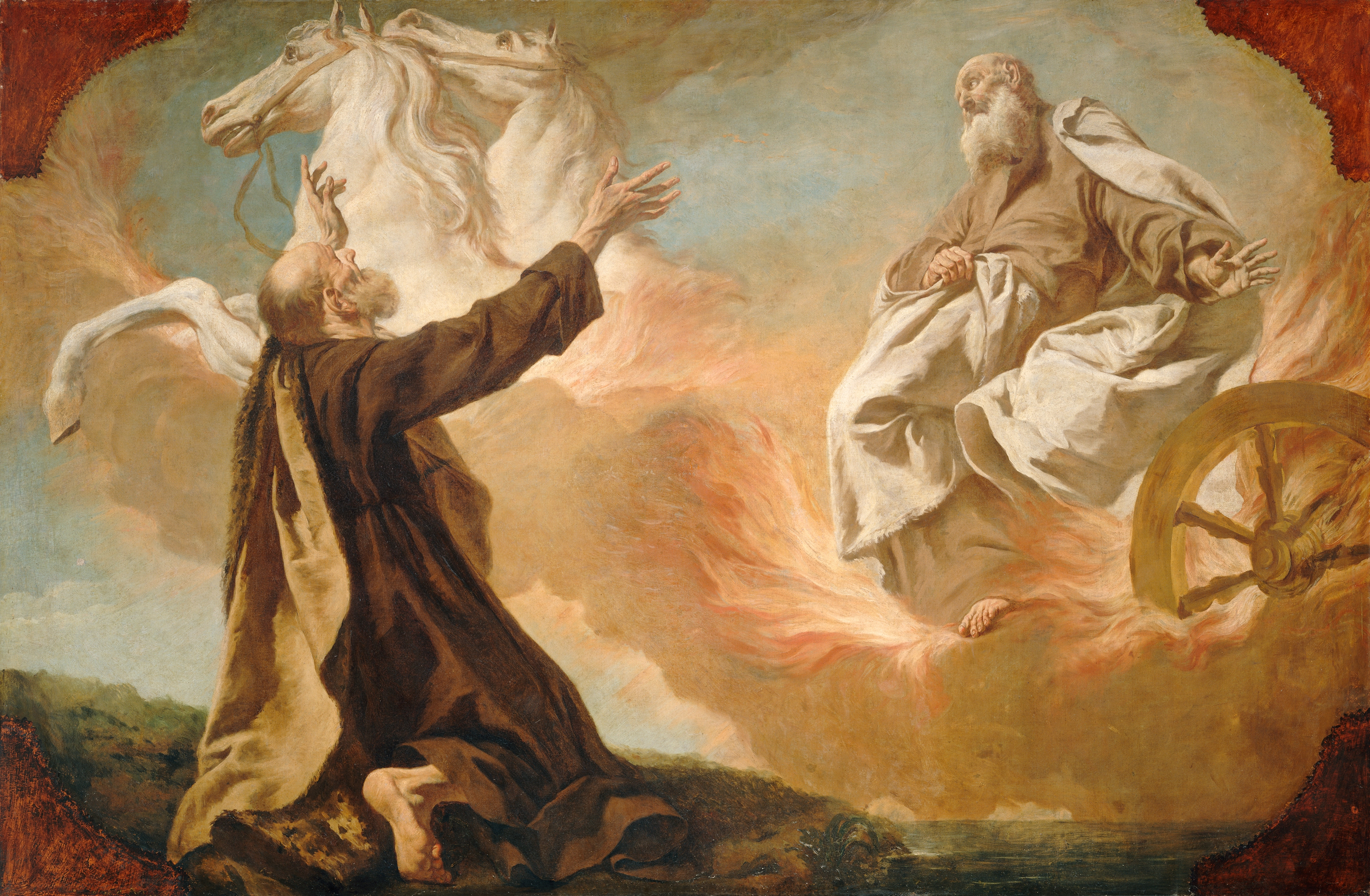Transitioning
between worship (this week in BELIEVE) to prayer (next week) leads us to the
final study this week on worship. When we study praise and thanksgiving, which
are both a part of worship and a part of prayer, we should recall what we have
studied this week about worship:
Worthy of
our worship
Obeisance to
God
Reason and
rationale of worship
Sincerity
of my spirit worship
Honesty and
truth in worship
Intimacy
in our worship
Praise and
Thanksgiving
When I was first
in ministry our senior pastor would lead our prayer time by asking, “Does
anyone have any praise or thanksgiving tonight?” and made very little
distinction between the two. Later on, when I took the youth to a conference,
the speaker made a huge distinction between praise and thanksgiving. “Praise is
for who God is. Thanksgiving is for what He has done.”
One of our youth’s
parents became very upset about the conference leader’s teacher. “That’s not
the way our pastor teaches,” she later complained to me. I thought at the time
that she was needlessly upset, but in reality, praise and thanksgiving are very
significant in worship.
Timothy Keller in
his book Prayer: Experiencing Awe and
Intimacy with God explained that the two are very related and in some cases
hard to separate, referring to Psalm 135 which related to praising the Lord and
Psalm 136 which related to thanking the Lord, but both for interchangeable
reasons. “Ultimately, however, thanksgiving is a subcategory of praise…Thanksgiving
for a blessing automatically draws our mind toward the attributes and loving
purposes of the God who has done the blessing. Praise for God’s love and
goodness transforms effortlessly into thanksgiving…”
Praising God for who He is and thanking God
for what He has done is an essential part of worship, for all of the reasons we
have stated this week: He is worthy, we must bow before Him, it is reasonable,
we must be sincere and honest and we must open our hearts intimately to Him. As
we said worship and praise is not for God’s benefit, it is for our own. It
displays our gratitude, our great need and His greatness.
If you do not
want to praise and glorify God, it doesn’t hurt God, nor does it diminish His
greatness. But it does speak volumes about you. Look at the ways the psalmist in
Psalm 150 sought to praise God. The Christian singer Carman had a wonderful
song about seven ways to praise, explaining seven different words used in
Hebrew to praise God in different ways.
Twice in our reading from Exodus 15 the word praise is used,
yet both being from a different words and different from Psalm 150. Psalm 100:4
uses thanks and praise four times in one single verse, again using totally
different words each time from any of the other verses mentioned!
How about you.
Can you praise and thank God in worship? In your everyday life? In everything
you do?













